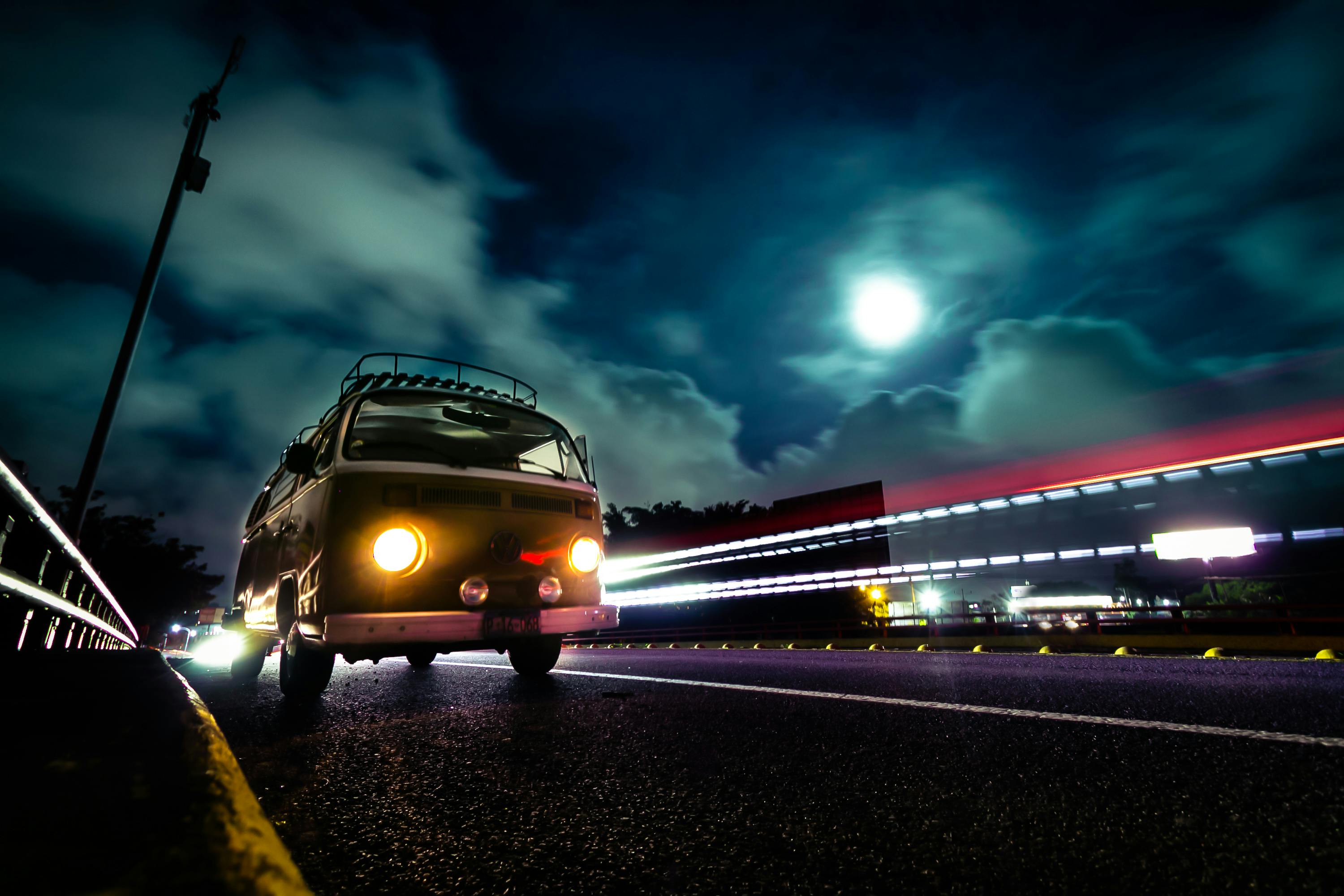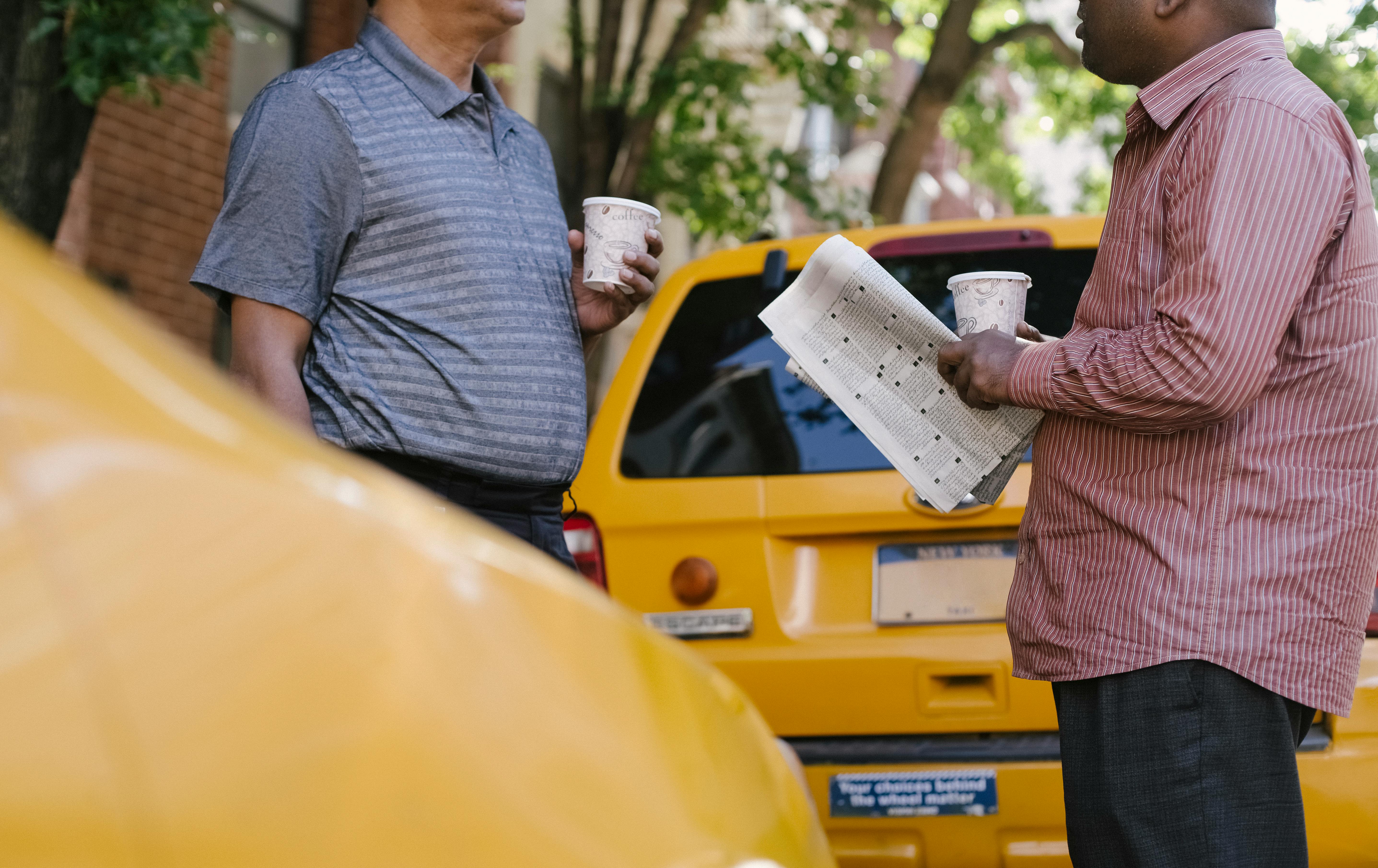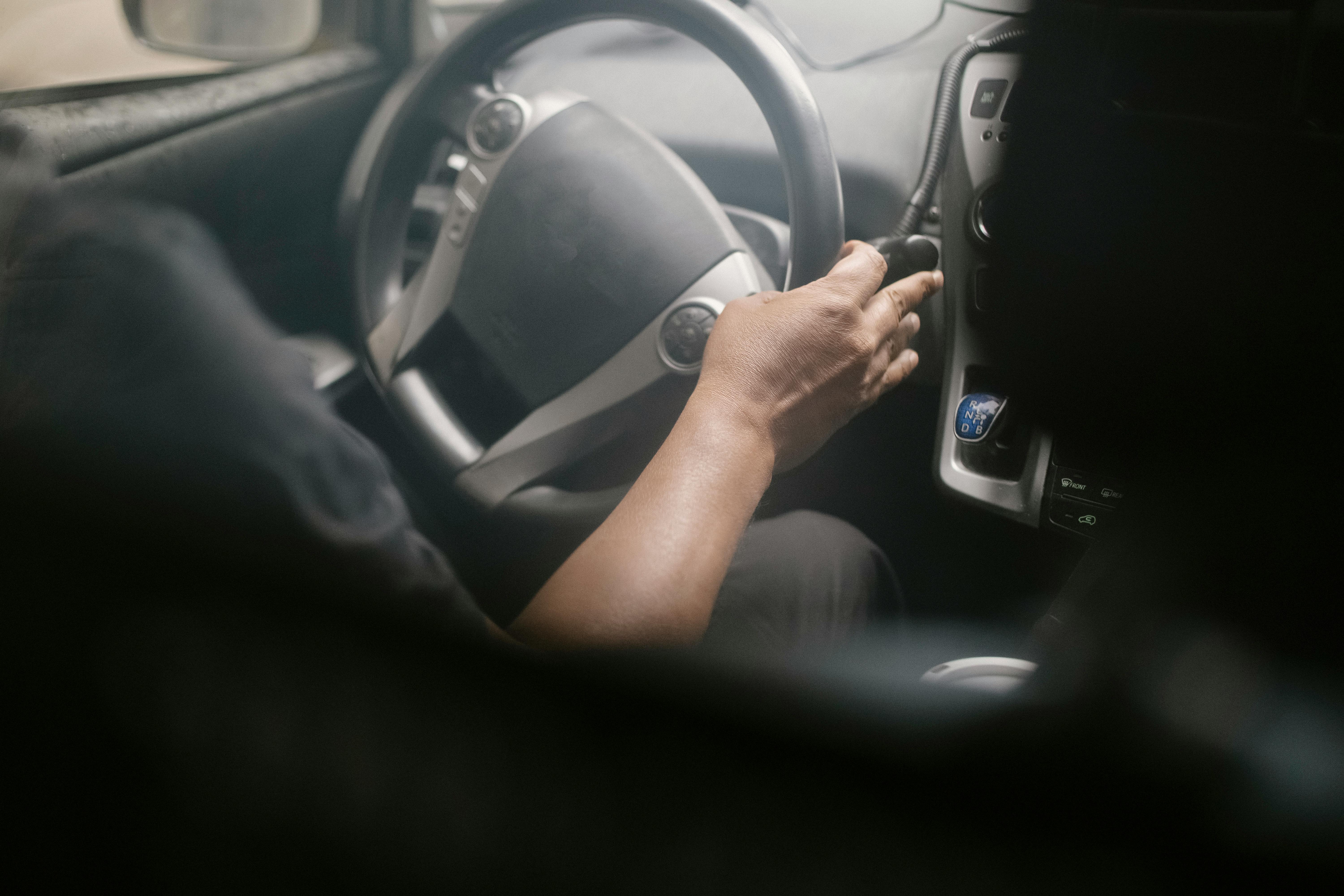Referred to as his “little sister” by the Dalai Lama, this Burmese freedom fighter has worked tirelessly for democracy in her country for the past 16 years…
Danubyu, Burma. April 5, 1989: Two months before the Tiananmen Square massacre in nearby China.
A woman walks down the middle of the street, accompanied by several men.
Six soldiers from the State Law and Order Restoration Council – the junta that has crushed the democracy movement and killed thousands of people in Rangoon – order the group to stop.
The group ignores it. A young army captain pulls his revolver from him and jumps out of his jeep, ready to open fire.
The woman asks the men to step aside. “It seemed so much simpler to provide them with a single target than to attract all the others,” she later explained.
At the last moment, a big intervention, and asks the captain to hold the fire. The lady keeps walking.
She is Daw Aung San Suu Kyi, the Iron Lady of Burma.
The intrepid daughter of General Aung San, the hero of Burma’s freedom struggle, Suu Kyi has lived for the past 16 years in a state of almost perpetual imprisonment, either in prison or under house arrest. She but she has always remained faithful to a project: democracy.
Why is Burma important?
Aung San Suu Kyi was born on April 19, 1945. Her father, General Aung San, was one of the “Thirty Comrades” who led the Japanese advance into British Burma before turning against the Japanese and eventually negotiating Burma’s independence. with the British.
Just as he was taking office as Burmese’s first head of state, General Aung San was assassinated. It was the first national tragedy.
On the same day, speaking to the press, Indian Prime Minister Jawaharlal Nehru stated: “I mourn Aung San, a friend and comrade, who even in his youth became the architect of Burmese freedom. I mourn Burma, deprived at this critical moment of his chosen one”. leaders and I cry for Asia, who has lost one of his bravest and most insightful sons.”
In 1960, his mother, Daw Khin Kyi, was appointed Burma’s ambassador to India. Suu Kyi, a fifteen-year-old girl with long thick braids, entered the Lady Sri Ram College in Delhi.
“His circle of Indian friends widened. This was a wonderful opportunity to explore and understand Mahatma Gandhi’s country,” recalls family friend and diplomat Ma Than E.
Aside from college, Suu kept herself busy with Japanese flower arrangements, piano lessons, or horseback riding lessons. She also met Indira Gandhi’s sons, Rajiv and Sanjay.
Do we have a Burma policy?
As Ma Than E said in 1991: “India for Suu was a throbbing and vital experience. Her bonds of memory and love for this country have remained strong to this day.”
With her mother leading the hectic social life of a diplomat, Suu met many high-level Indian politicians, officials and diplomats in the capital. In 1964 he went to Oxford where he studied philosophy, politics and economics. She subsequently embarked on her first work experience as Undersecretary at the United Nations Secretariat.
His life took another turn when he met a brilliant young British scholar, Dr. Michael Aris, whose background was the Tibetan Buddhist tradition.
Before getting married, Suu Kyi asked her future husband for a ‘favor’: “I ask only one thing, that if my people need me, you help me do my duty to them.”
Her life as a mother of two and a scholar continued smoothly for the next few years.
In 1985, she was separated from her family when she decided to learn Japanese and work as a visiting professor at the Center for Southeast Asian Studies at Kyoto University.
In 1987 the family was reunited and she returned to India. For two years, Dr. Aris conducted research on ‘A Study of Buddhist Hagiography’ at the Indian Institute for Advanced Study in Simla.
The main subject of his study was the life and times of the Sixth Dalai Lama, born during the 17th century in the Twang district of Arunachal. Suu had received a fellowship to work on ‘The Growth and Development of Burmese and Indian Intellectual Traditions under Colonialism’.
It was an excellent opportunity for her to master the political and spiritual thoughts of Swami Vivekananda, Sri Aurobindo, Tagore, Gandhi and Radhakrishnan.
In his thesis, he wrote of his admiration for these men who “were able to use the English language to make their views known to the world. Because they could handle the Western intellectual language so masterfully, the world considered those points of view were worthy of serious consideration”. consideration.”
After traveling extensively in the Himalayas and writing about India’s ancient traditions of peace and tolerance, the couple returned to London in early 1988.
Fate caught up with her in March of that year, when her mother suffered a stroke in Burma and Suu had to leave England for her country immediately.
A few months after his arrival in Rangoon, the former military dictator, General Ne Win, resigned, sparking a vibrant pro-democracy student movement.
Soon millions of Burmese joined his demand for true democracy.
This culminated on August 8, when thousands of protesters were massacred by the army, a brutal foreshadowing of the Tiananmen Square killings that took place less than a year later.
The time for accountability had come for Suu Kyi.
“Her knowledge of Burmese heritage, her wonderful fluency in her own language, and her refusal to relinquish her own Burmese citizenship and passport, all these factors conspired with the sad circumstances of her mother’s latest illness to make her engagement inevitable.” “, said. husband wrote later.
On August 26, 1988, he addressed a million people gathered at Shwedagon Pagoda in Rangoon.
“I, as my father’s daughter, could not remain indifferent to everything that was happening. This national crisis could, in fact, be called the second struggle for national independence.”
He thus became the leader of the opposition National League for Democracy, which to this day opposes the military junta.
The following months saw her traverse Burma and address hundreds of meetings. The board was getting increasingly nervous, and on July 20, 1989, she was arrested. From that day on she has spent most of her time in jail or in confinement.
In May 1990, despite his continued arrest, his party won a landslide victory in the general election; the NLD secured 82 percent of the seats. But until today the generals have refused to validate the results of the elections.
In 1991 she was awarded the Nobel Peace Prize, but her luck did not improve.
In the years that followed, despite appeals from the US president, the UN secretary general, the Dalai Lama, other Nobel laureates, and thousands of other personalities from the West and Asia, nothing moved the board.
The most tragic event is perhaps the death of her husband in March 1999.
Although she had not seen him since 1995 and he was dying of prostate cancer, he was denied a visa and was not allowed to visit her one last time.
Suu Kyi could have left Myanmar to see him, but it was clear that the board would not have allowed her to return.
Forced to choose between her husband and her country, she opted for the latter.
What has given the junta the strength to resist global pressure and keep Aung San Suu Kyi behind bars in her home for 16 years?
Look North; it is the same regime that forced the Dalai Lama to flee his country in 1959. In China, the communist/capitalist regime is terrified of the word Suu Kyi lives by: Freedom.
There is no doubt that without the active support of Beijing (and with India’s failure to take a stand in accordance with its professed principles), Burma would today be a democracy.
“Always willing to practice what he preached, Aung San himself constantly demonstrated the courage that allowed him to speak the truth, keep his word, accept criticism, admit his faults, correct his mistakes, respect the opposition,” he says. Suu Kyi about his father.
He has practiced all these values and above all that of Abhaya, ‘bravery’, that ‘gift of Ancient India’ which is ‘not only bodily courage but fearlessness of mind’.
Whether or not she lives to see her dream come true, Suu Kyu will live forever in the minds of those who uphold the freedom of the spirit.



Recent Comments